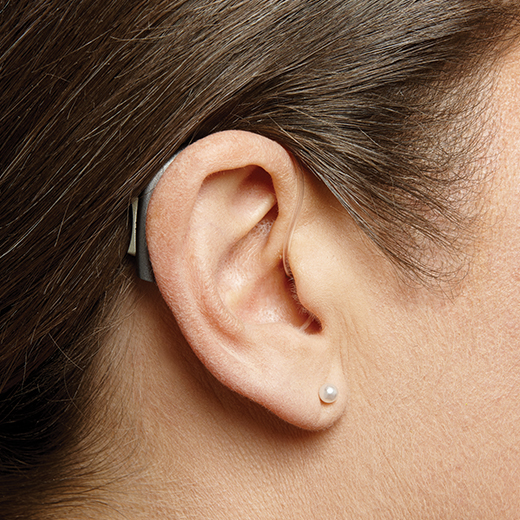Unveiling the Significance of Child Hearing Tests for Academic Success

Ensuring the optimal development of your child’s hearing early in life is a key factor in paving the way for success both in school and beyond. While it’s easy to assume that children naturally have perfect hearing, they are just as susceptible to hearing difficulties as adults, often without even realizing it. Unlike obvious cases such as ear infections, some children may be uncertain about the normalcy of their hearing. School hearing tests, although valuable, often screen for frequencies within common ranges, potentially missing subtle issues.
Recent studies from the United Kingdom provide crucial insights into pediatric hearing loss. One study emphasizes that an early diagnosis of hearing loss, coupled with prompt treatment, results in academic scores comparable to those with normal hearing. Typically, children with untreated hearing loss tend to lag behind their peers with normal hearing.
Another study from Newcastle University delves into the long-term consequences of common childhood infections on hearing. This ongoing study, spanning since 1947, reveals that childhood infections such as tonsillitis, ear infections, and severe respiratory infections may lead to hearing loss in adulthood. The findings suggest that minimizing childhood infection rates could play a pivotal role in preventing hearing loss later in life.
These research findings underscore two critical aspects of pediatric hearing care. First, damage inflicted on a child’s hearing due to infections can have lasting repercussions into adulthood. Second, early diagnosis and treatment of hearing impairments in childhood can significantly contribute to normal academic performance as the child grows.
As parents, protecting our children is paramount. Scheduling a hearing screening for your child at a young age allows for the detection of any potential impairment. Swiftly addressing childhood ear and respiratory infections further safeguards against potential long-term damage, fostering an environment conducive to academic success.
Take the proactive step in securing your child’s hearing health and academic future. Contact us today to explore how our expertise and services can support you and your child on the journey to optimal hearing and academic excellence. Your child’s success begins with sound hearing.

